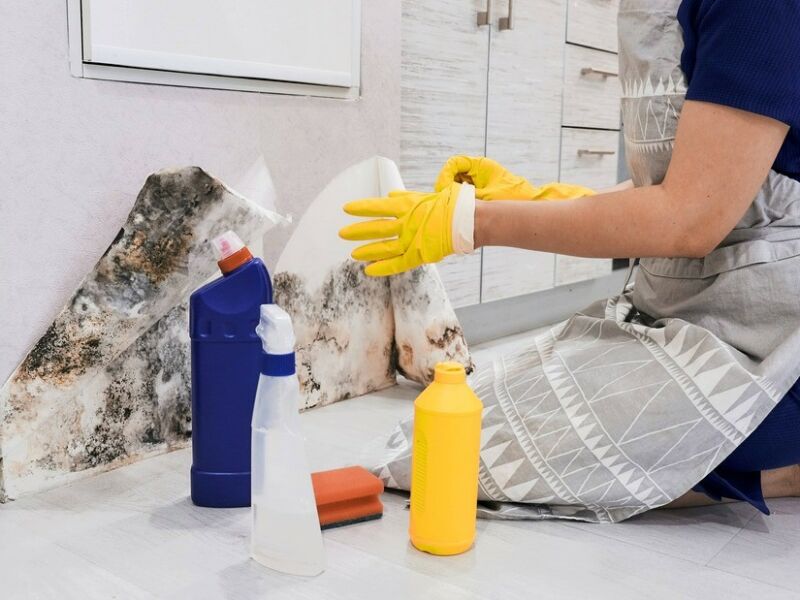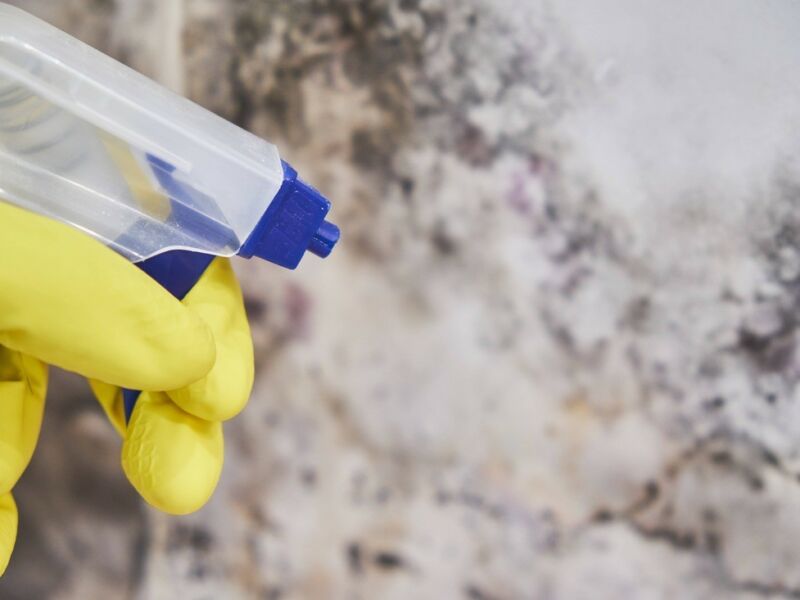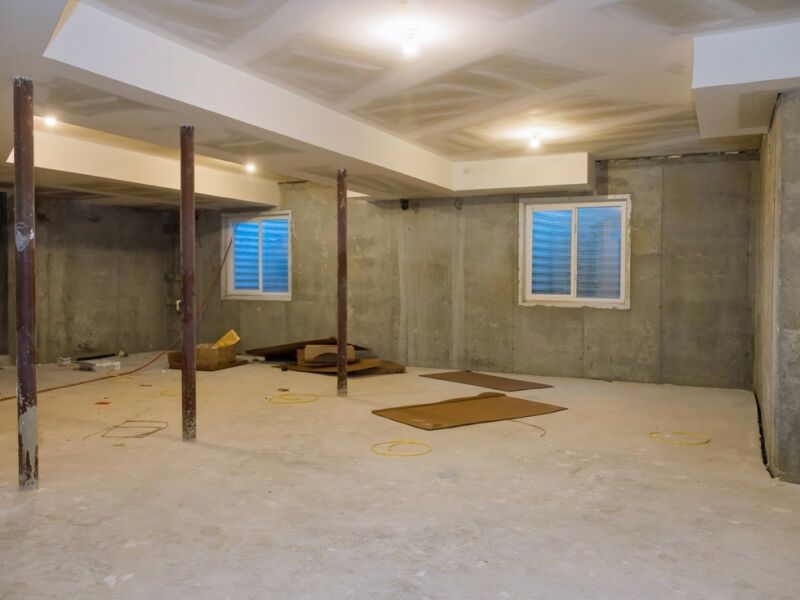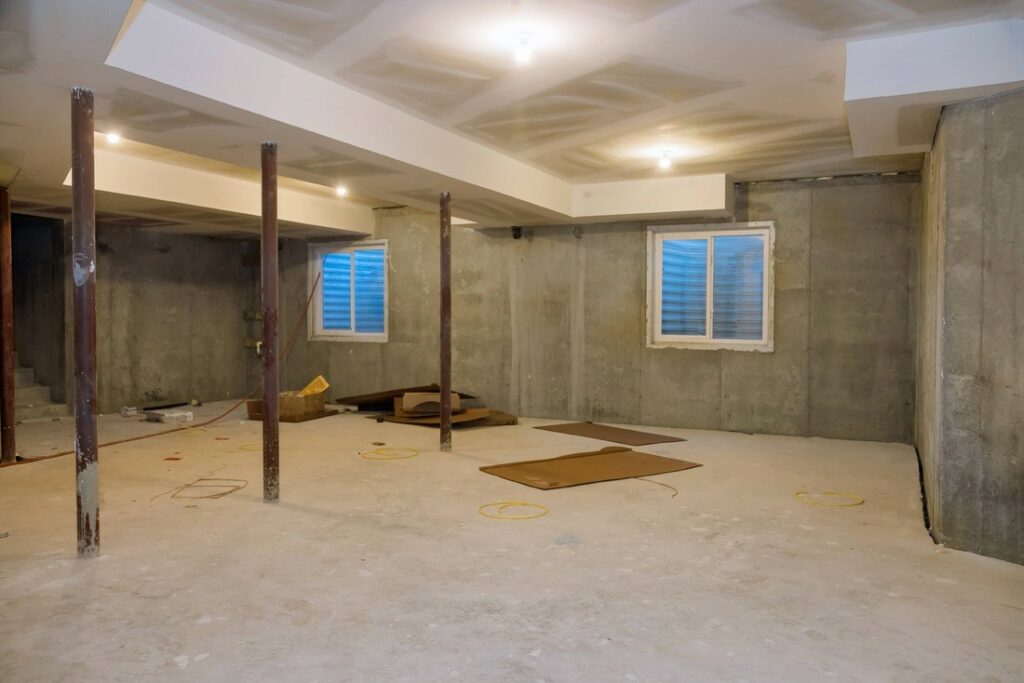
Common Causes of Basement Leaks
1. Improper Sloping
One common cause of basement leaks is improper sloping in the surrounding landscape. If the ground slopes towards your basement instead of away, rainwater and runoff can accumulate near the foundation and seep into the basement through cracks or porous walls.
2. Inadequate Drainage Systems
Inadequate or poorly maintained drainage systems can also contribute to basement leaks. When gutters and downspouts are clogged or not properly installed, water can overflow and pool near the foundation. This excess water can find its way into the basement, causing water damage.

3. Poorly Installed or Malfunctioning Sump Pump
A sump pump is designed to remove excess water from the basement. However, if the sump pump is not installed correctly or malfunctions, it can lead to basement leaks. A faulty sump pump may not be able to effectively pump out water, resulting in water accumulation in the basement.
4. Leaky Foundation or Basement Walls
Cracks, gaps, or porous areas in the foundation or basement walls can also be a source of basement leaks. These openings can allow water to seep into the basement, especially during heavy rain or when the water table is high.
Signs of Water Damage in the Basement
1. Moisture or Dampness
One of the most apparent signs of water damage in the basement is the presence of moisture or dampness. You may notice wet spots on the floor, walls, or ceiling. Additionally, mold or mildew growth in the basement can indicate a chronic moisture problem.
2. Musty Odor
A musty or moldy odor in the basement can indicate the presence of water damage. This odor is often caused by mold and mildew growth, which thrive in damp and humid environments.

3. Stains or Discoloration
Water stains or discoloration on the walls, floors, or furniture in the basement are signs of water damage. These stains can appear as dark patches or streaks and may indicate ongoing moisture issues.
4. Cracks or Peeling Paint
Water damage can cause cracks or peeling paint on the basement walls. As the water seeps in, it can weaken the structural integrity of the walls, leading to visible damage.
Effective Solutions for Basement Leaks
1. Correct Landscaping Issues
To prevent basement leaks caused by landscaping issues nearby, it’s important to address any improper sloping or drainage problems. Ensure that the ground slopes away from the foundation and consider installing or maintaining proper drainage systems, such as gutters and downspouts.
2. Maintain and Test the Sump Pump
Regularly maintain and test your sump pump to ensure it is functioning properly. Clean the pump, remove any debris, and test it by pouring water into the sump pit. The pump should automatically turn on and remove the water efficiently.
3. Seal Cracks and Gaps
Inspect the foundation and basement walls for any cracks, gaps, or porous areas. Use an appropriate sealant or epoxy to seal these openings and prevent water infiltration. Consult a professional if the damage is extensive.
4. Install a Waterproofing System
Consider installing a waterproofing system in your basement to provide an additional layer of protection against water damage. This can include installing interior or exterior drain tiles, a vapor barrier, or a French drain system.
5. Address Any Plumbing Issues
Leaking pipes or plumbing issues can contribute to basement leaks. If you notice any signs of plumbing problems, such as dripping faucets or water stains near plumbing fixtures, promptly address them to prevent further water damage.
Conclusion
Dealing with basement leaks caused by landscaping issues nearby requires identifying and addressing the root causes. By implementing proper landscaping techniques, maintaining drainage systems, sealing cracks, and considering additional waterproofing measures, you can effectively prevent water damage in your basement. Regular inspections and prompt repairs are essential to maintain a dry and safe basement environment.
FAQ Question 1: How can I prevent basement leaks caused by improper sloping?
FAQ Question 2: How often should I test and maintain my sump pump?
Remember, if you need professional assistance with basement water damage restoration, contact Service Water Restoration Pros at 949-209-1582 or visit their website: Service Water Restoration Pros.



